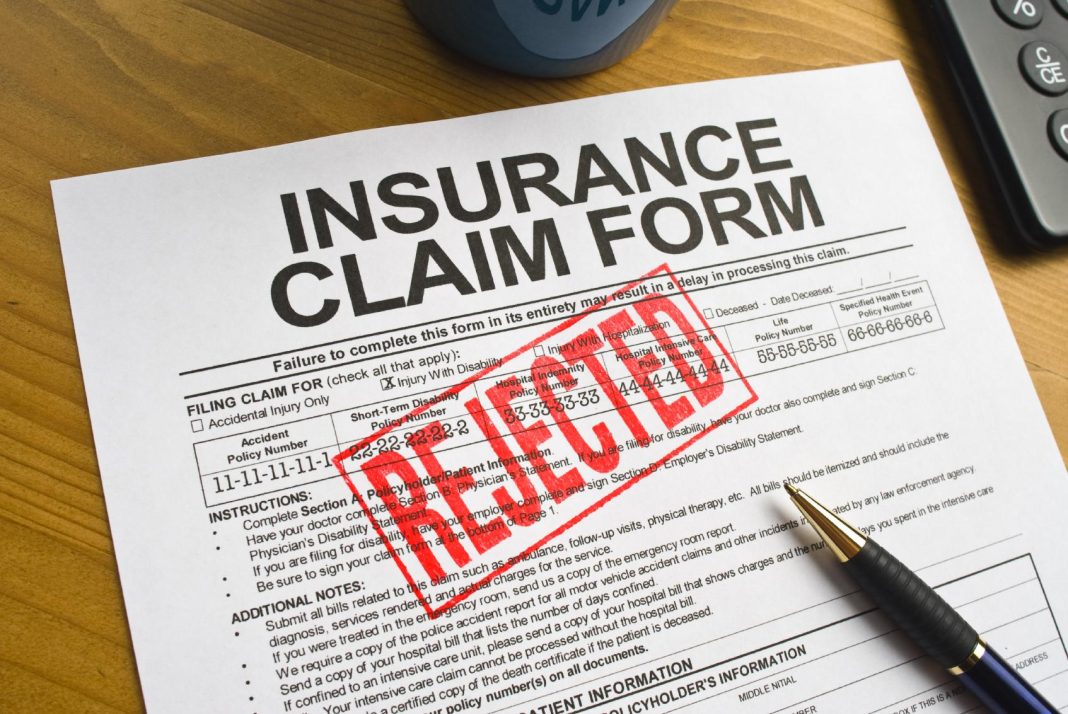In today’s complex financial landscape, navigating the intricacies of insurance policies can often be as challenging as deciphering a foreign language. When disputes arise with your insurance company, the stakes can feel even higher, potentially impacting your financial stability and peace of mind. Whether it’s a disagreement over a claim, coverage denial, or policy interpretation, understanding how to effectively handle such disputes is crucial. This article provides a comprehensive guide, offering clear, authoritative advice on how to manage conflicts with your insurer. By arming yourself with the right knowledge and strategies, you can ensure that your rights are protected and your claims are fairly addressed, empowering you to take control of the situation with confidence.
Understanding Your Policy and Rights
To effectively manage any disagreement with your insurance provider, it is crucial to have a clear understanding of your policy and the rights it grants you. Start by thoroughly reviewing the policy document, paying close attention to the terms, conditions, and exclusions. Identify the sections that are pertinent to your issue. This will equip you with the necessary knowledge to challenge any decisions or actions that seem unfair or incorrect.
- Know Your Coverage: Understand what is covered and what is not. This includes limits, deductibles, and any special provisions.
- Document Everything: Keep detailed records of all communications and transactions related to your claim. This can be invaluable if the dispute escalates.
- Understand the Claims Process: Familiarize yourself with the steps involved in filing and processing a claim, as well as the timelines that your insurer must adhere to.
- Leverage Your Rights: Familiarize yourself with the consumer protection laws in your area that relate to insurance. These laws often provide avenues for dispute resolution and can support your case.
By empowering yourself with knowledge and maintaining meticulous records, you stand a better chance of resolving disputes in your favor. Always remember, your policy is a contract, and understanding its nuances is key to defending your rights effectively.

Effective Communication Strategies for Resolution
When navigating disputes with your insurance company, employing effective communication strategies is crucial. Begin by gathering all pertinent documents, such as policy details, previous correspondence, and any relevant evidence supporting your claim. Organize these documents in a way that clearly outlines your position. During discussions, maintain a professional tone and stay focused on the issue at hand, avoiding emotional language or unrelated topics.
- Be clear and concise: Articulate your concerns and desired outcomes with precision.
- Listen actively: Pay attention to the insurer’s responses to understand their perspective fully.
- Document everything: Keep a record of all interactions, including phone calls, emails, and letters.
- Seek clarification: If something is unclear, ask questions to ensure you understand the insurer’s stance.
- Know your rights: Familiarize yourself with your policy and any legal rights to support your position.
In situations where progress seems stagnant, consider requesting to speak with a supervisor or using formal dispute resolution channels offered by the company. Persistence and a strategic approach can significantly increase the likelihood of a favorable resolution.
Documenting Your Interactions and Evidence
Maintaining a detailed record of all your interactions and evidence is crucial when dealing with disputes with your insurance company. Start by keeping a chronological log of all communications, whether they are phone calls, emails, or in-person meetings. Note down the date, time, names of individuals involved, and a summary of the discussion. This documentation will serve as a factual basis for your claims and can be invaluable if the dispute escalates to a formal complaint or legal action.
Additionally, gather and organize all relevant documents that support your case. This includes policy documents, correspondence, claim forms, receipts, photos, and any other pertinent materials. Create a digital folder to store scanned copies, ensuring they are easily accessible and backed up. Consider using WordPress plugins like WPForms to create a structured format for uploading and categorizing these documents on your website, enhancing organization and accessibility. By meticulously , you strengthen your position and demonstrate preparedness and professionalism in resolving the dispute.

Escalating the Dispute: When and How to Involve Authorities
When negotiations with your insurance company reach a deadlock, it may be time to consider involving external authorities to mediate or resolve the dispute. Knowing when to escalate is crucial. If you’ve exhausted all internal appeals and your insurer remains unresponsive or continues to deny your claim without a valid reason, it may be time to seek outside help. Before proceeding, ensure you have a comprehensive record of all communications, policies, and documentation related to your claim.
- Contact Your State Insurance Department: Every state has a department that oversees insurance practices. They can provide guidance, mediate disputes, or even take regulatory action if necessary.
- Consider Hiring a Public Adjuster: These professionals can offer an independent assessment of your claim and negotiate with the insurance company on your behalf.
- File a Complaint with the National Association of Insurance Commissioners (NAIC): The NAIC can assist in addressing grievances against insurers and offer resources to help you understand your rights.
- Seek Legal Counsel: If the dispute involves a significant amount of money or complex issues, consulting with an attorney specializing in insurance law might be the best course of action.
While escalating the matter can be daunting, taking these steps ensures that your rights as a policyholder are protected and that your claim receives the fair consideration it deserves.
Key Takeaways
navigating a dispute with your insurance company requires a methodical and informed approach. By understanding your policy, maintaining thorough documentation, and communicating effectively, you empower yourself to advocate for a fair resolution. Remember to remain patient and persistent throughout the process, and don’t hesitate to seek professional assistance if necessary. By following these guidelines, you can effectively manage disputes and ensure that your rights as a policyholder are upheld. Stay informed, stay proactive, and take control of your insurance matters with confidence.

